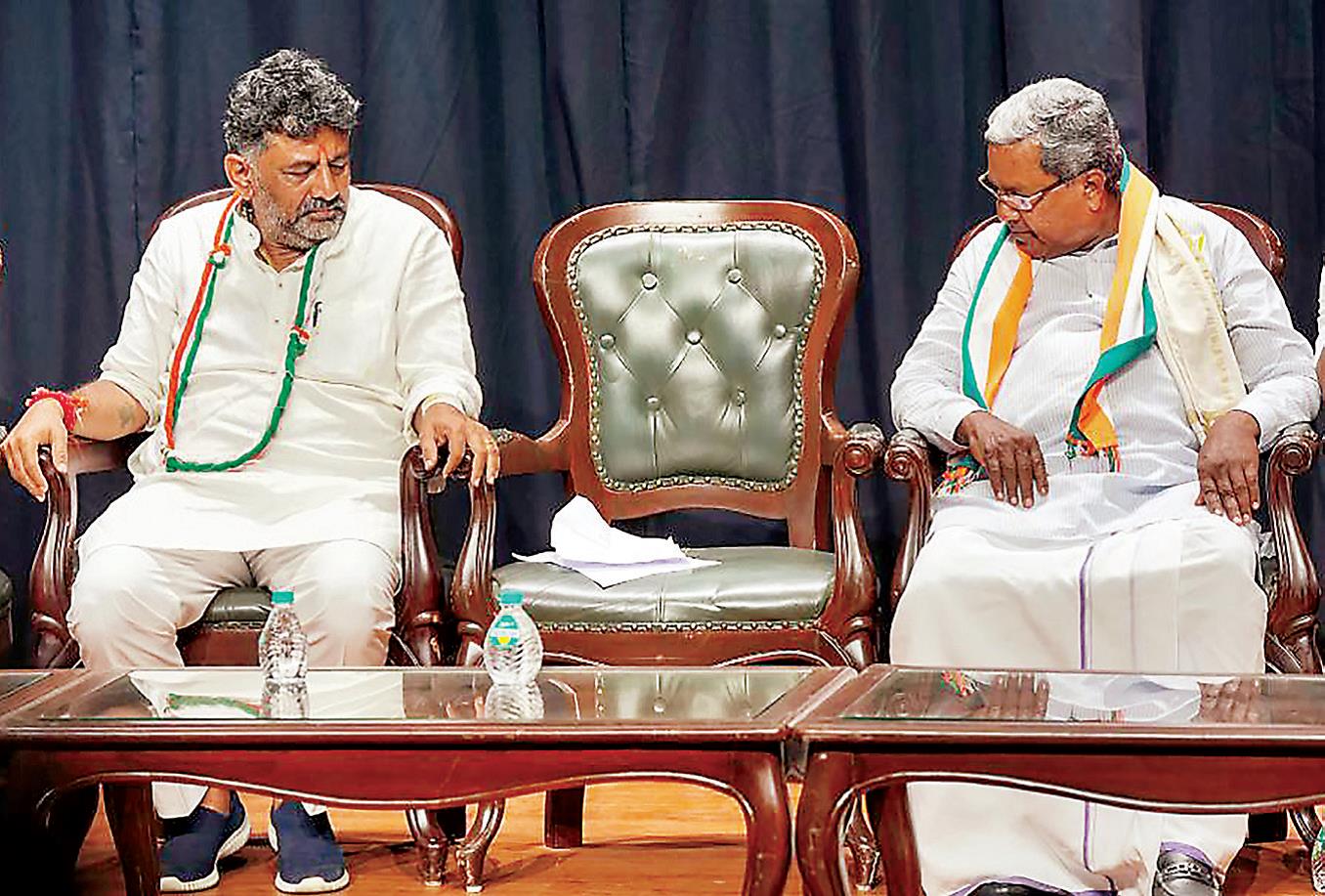.jpg)
End wars to avoid impact on economies and trade routes
As the Israel-Hamas war in Gaza stretches into its ninth month and the Ukraine conflict continues relentlessly, the global economy is facing a significant challenge in redrawing trade routes.
Since the 1900s, wars have significantly disrupted global trade routes leading to economic instability and changes in trade dynamics.
History is witness to several blockades affecting trade. During the First World War, the British naval blockade of Germany and unrestricted submarine warfare by Germany disrupted maritime trade across the Atlantic and within Europe.
The second World War saw economic blockades spreading to more areas. The war caused extensive naval battles and blockades in the Atlantic, Pacific, and Indian Oceans.
Post-war reconstruction led to significant shifts in trade patterns, with the Marshall Plan facilitating European recovery and increasing US-Europe trade.
The mid-90s until 1991 (Cold War) saw a different trade disruption. The economic realignment gave birth to conflicts like the Korean War, Vietnam War, and Soviet-Afghan War which indirectly disrupted regional trade routes and led to military blockades.
Further trade embargoes, such as the US embargo on Cuba, disrupted traditional trade routes and forced countries to seek new trading partners. During the Middle Eastern conflicts (Suez Crisis 1956), Egypt disrupted the flow of oil and goods between Europe and Asia, highlighting the canal’s strategic importance.
Iran-Iraq War (1980-1988) saw attacks on oil tankers in the Persian Gulf, known as the Tanker War, leading to significant disruptions in global oil supply routes. Gulf Wars (1990-1991, 2003) too disrupted Middle Eastern oil exports, impacting global energy markets and causing fluctuations in oil prices.
In recent times, the Ukraine conflict and the IsraelHamas Gaza war have impacted trade. Overall, wars since the 1900s have repeatedly disrupted global trade routes, leading to economic shifts, the establishment of new trade partnerships, and changes in global supply chain strategies.
Thus, the rise of new trading routes in the world is driven by a complex web of geopolitical tensions, reminiscent of a modern Cold War centered on economic influence and political alignments.
Also, intense competition between trading superpowers, the US and China has led to heightened competition and is a major catalyst, with China’s Belt and Road Initiative (BRI) creating extensive infrastructure projects across Asia, Africa, and Europe to expand its trade reach and influence.
To stop the Dragon from spitting fire across 3 continents of Asia, Africa, and Europe, the US counters it with initiatives like the Indo-Pacific Economic Framework to strengthen alliances and provide alternatives to Chinese investments.
Not to be left behind, the G7 too has promised to promote the India-Middle East-Europe Economic Corridor (IMEEEC). While India has started its end of the work on the initiative announced on the side-lines of the G20 Leaders Summit in Delhi last year, there are rail links in Saudi Arabia and some other countries that need to be addressed.
G7 supports IMEEEC the way it backs the Lobito Corridor in Central Africa and Luzon Corridor and the Middle Corridor. Experts also believe that IMEEEC has the potential to prevent disruption caused by the disturbances in the Red Sea.
Following Russia’s actions in Ukraine and subsequent Western sanctions, Russia has pivoted towards Asia, especially China, to secure new markets and trade routes, including the development of the Northern Sea Route through the Arctic as a strategic alternative.
EU Trade policies also seek to diversify its trade partnerships to reduce dependency on both the US and China, engaging more with Africa, Latin America, and the IndoPacific region, while promoting its Green Deal to influence global trade standards.
The world is also seeing a new trend in the form of technological competition. The race for technological dominance, especially in areas like 5G and artificial intelligence, has trade implications, as countries align with different technological standards and supply chains, further fragmenting global trade.
If the current wars do not end soon, continually reshaping trade routes and economic alliances may impact global economies severely.
 English daily published in Bengaluru & Doha
English daily published in Bengaluru & Doha


.jpg)

.jpg)
